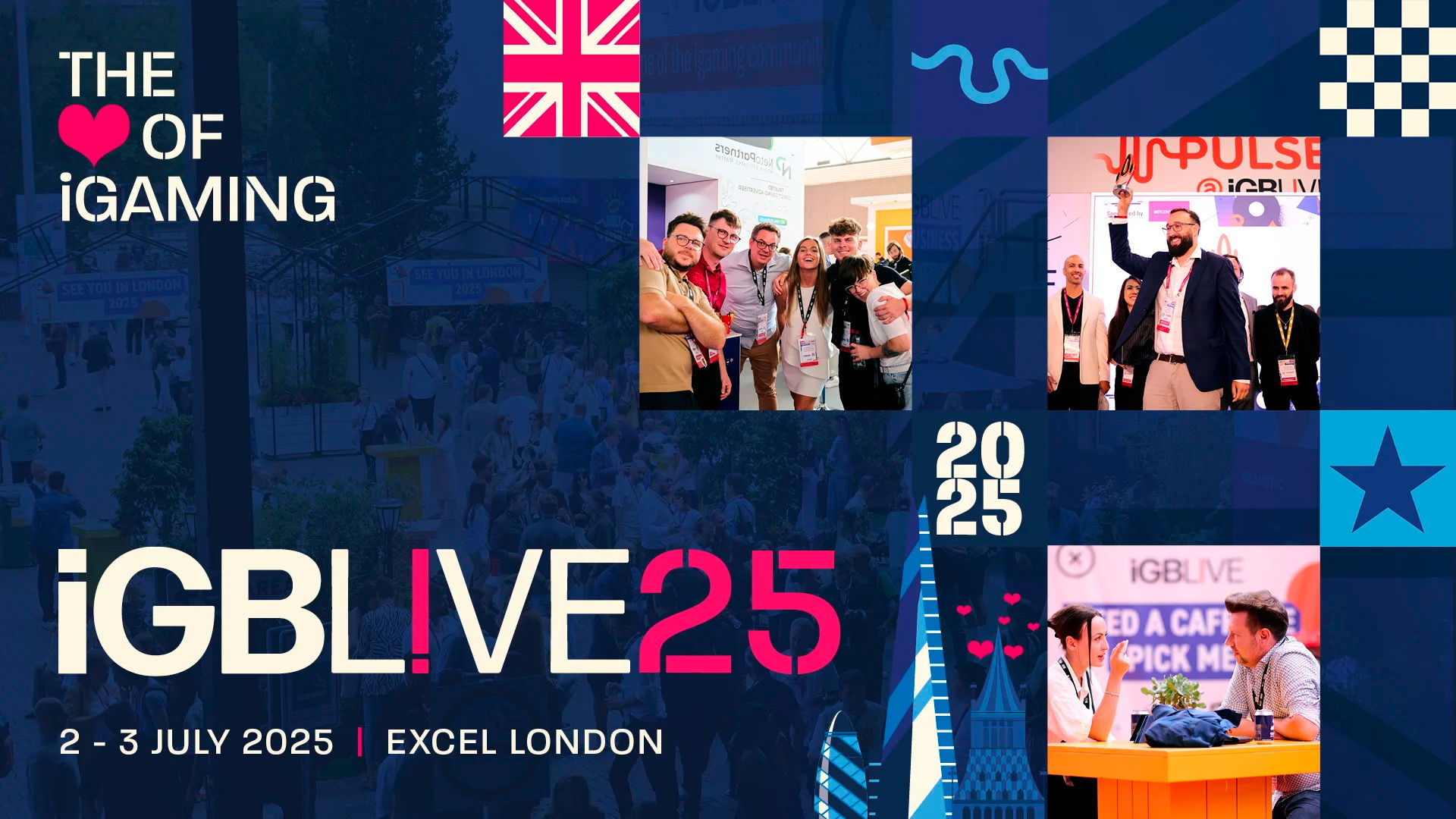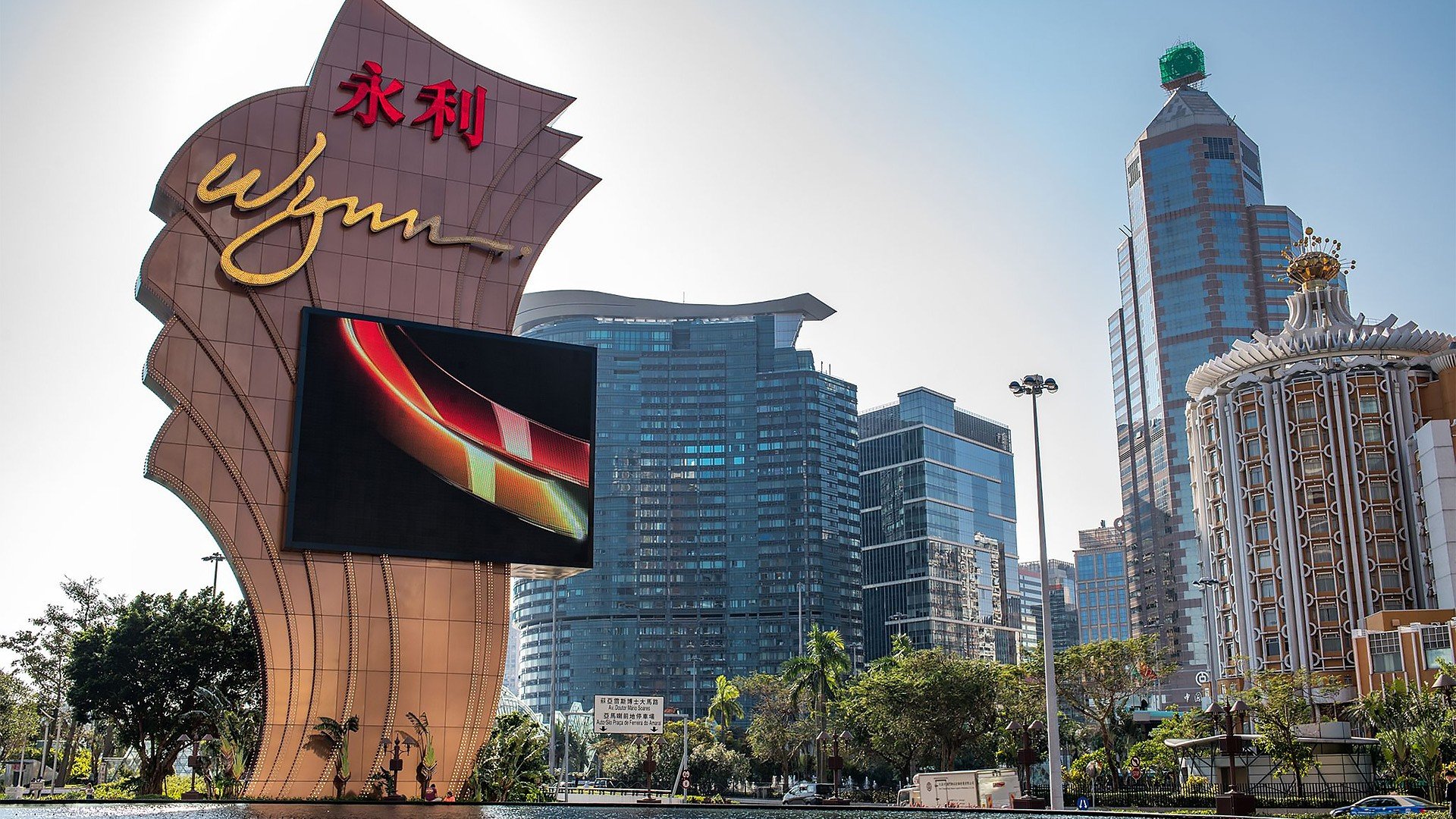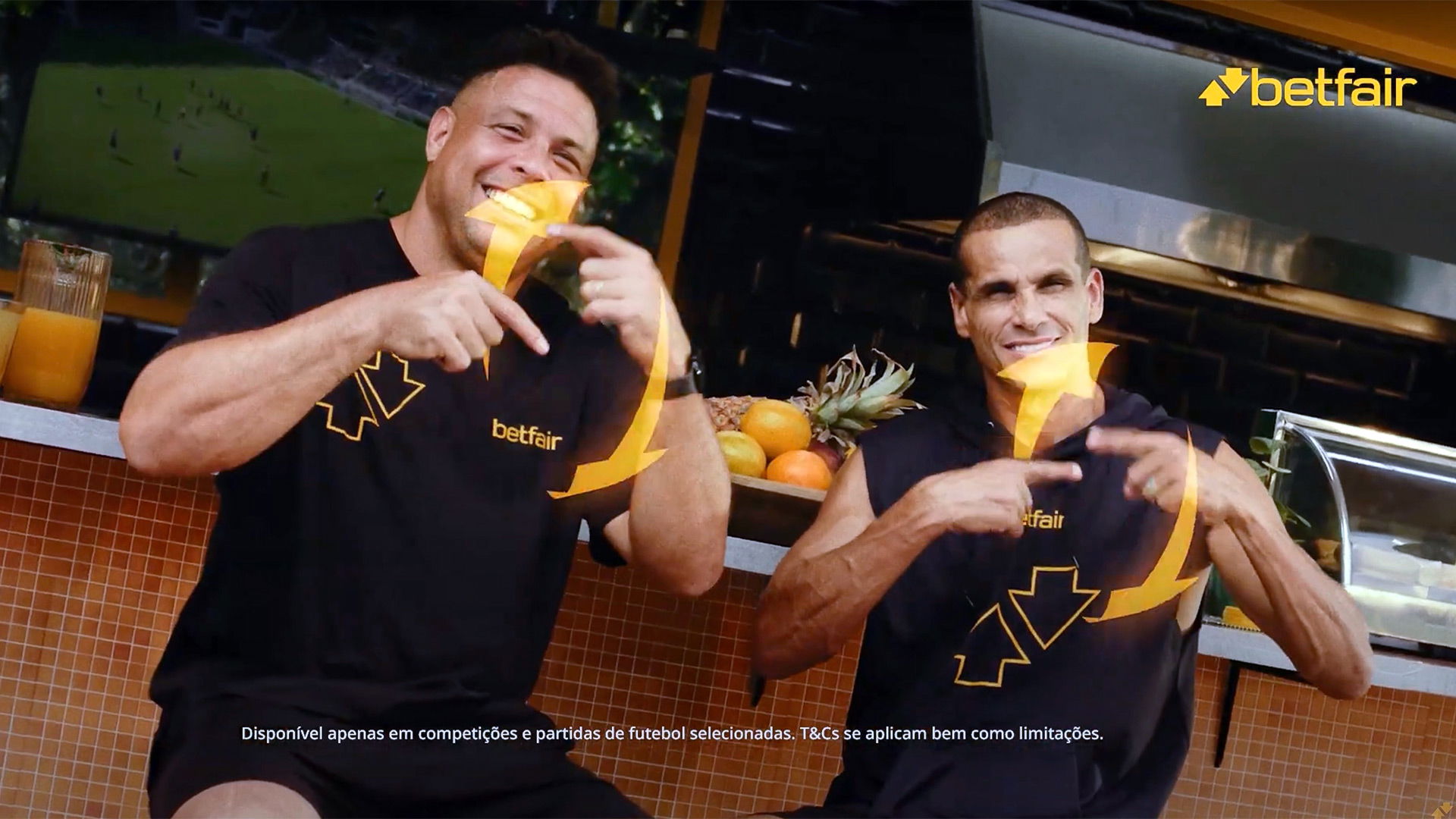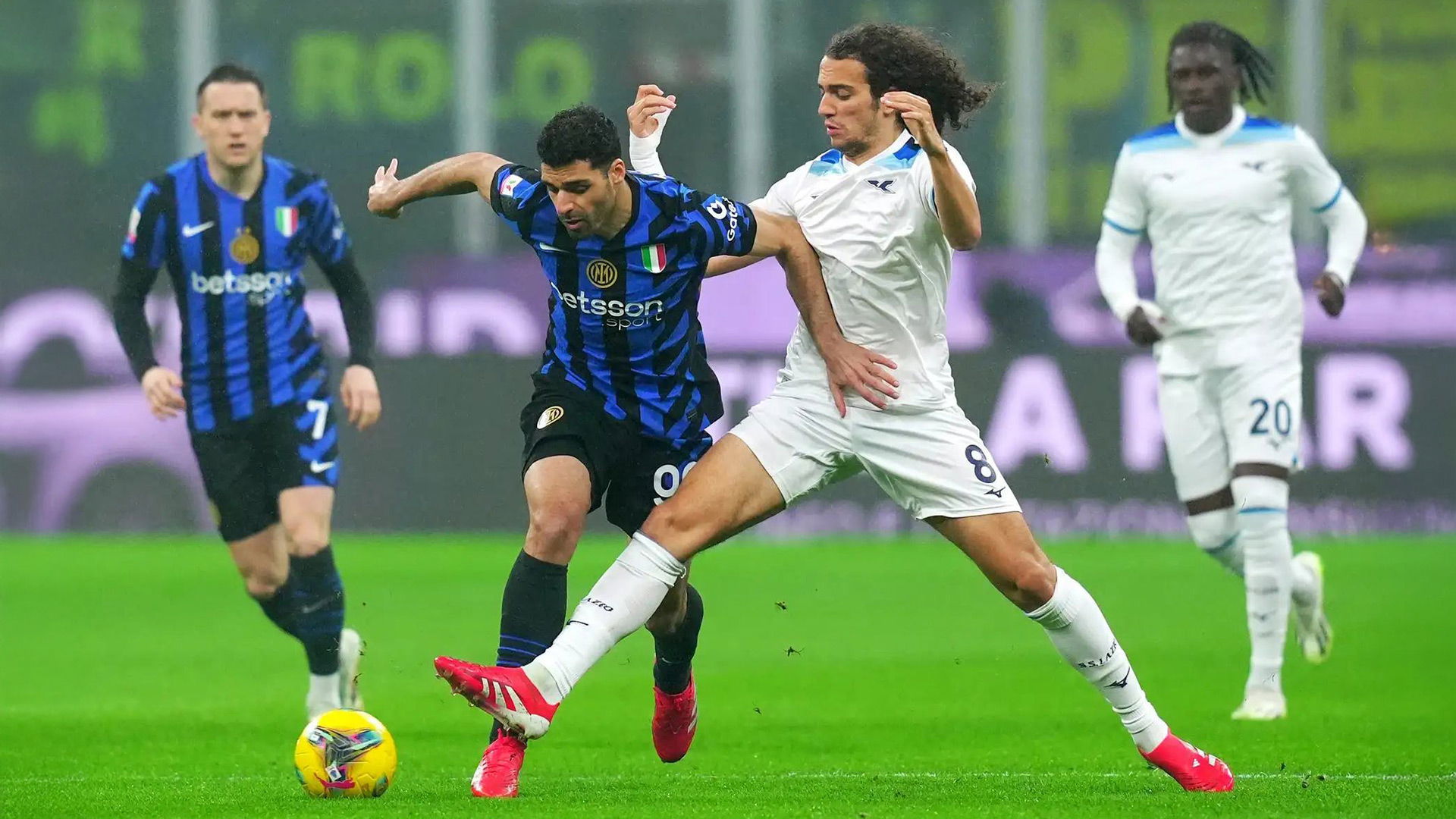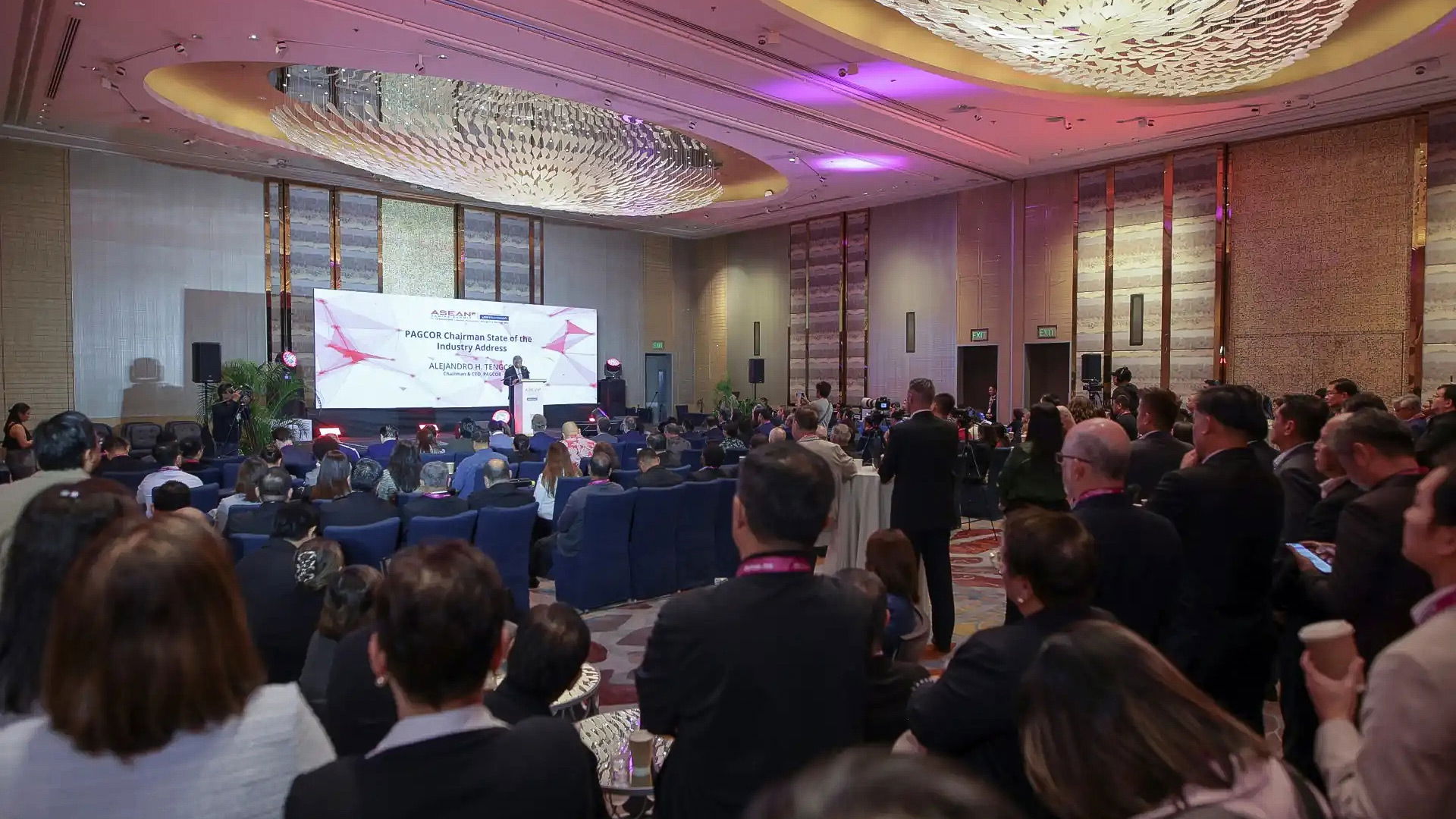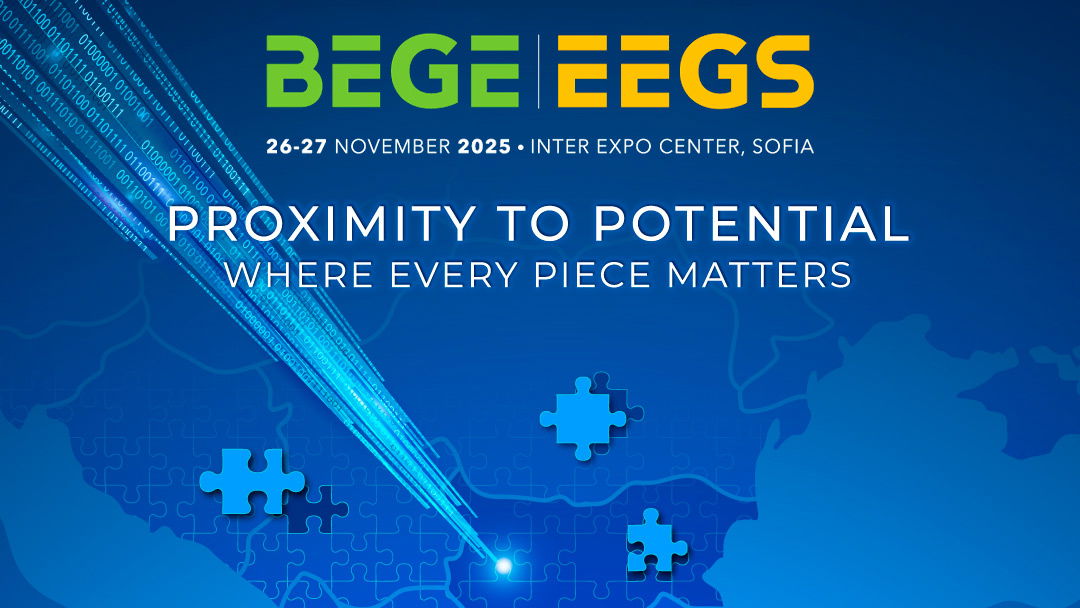"It’s a good sign that fewer fans in the stadium hasn’t really influenced betting behaviours"
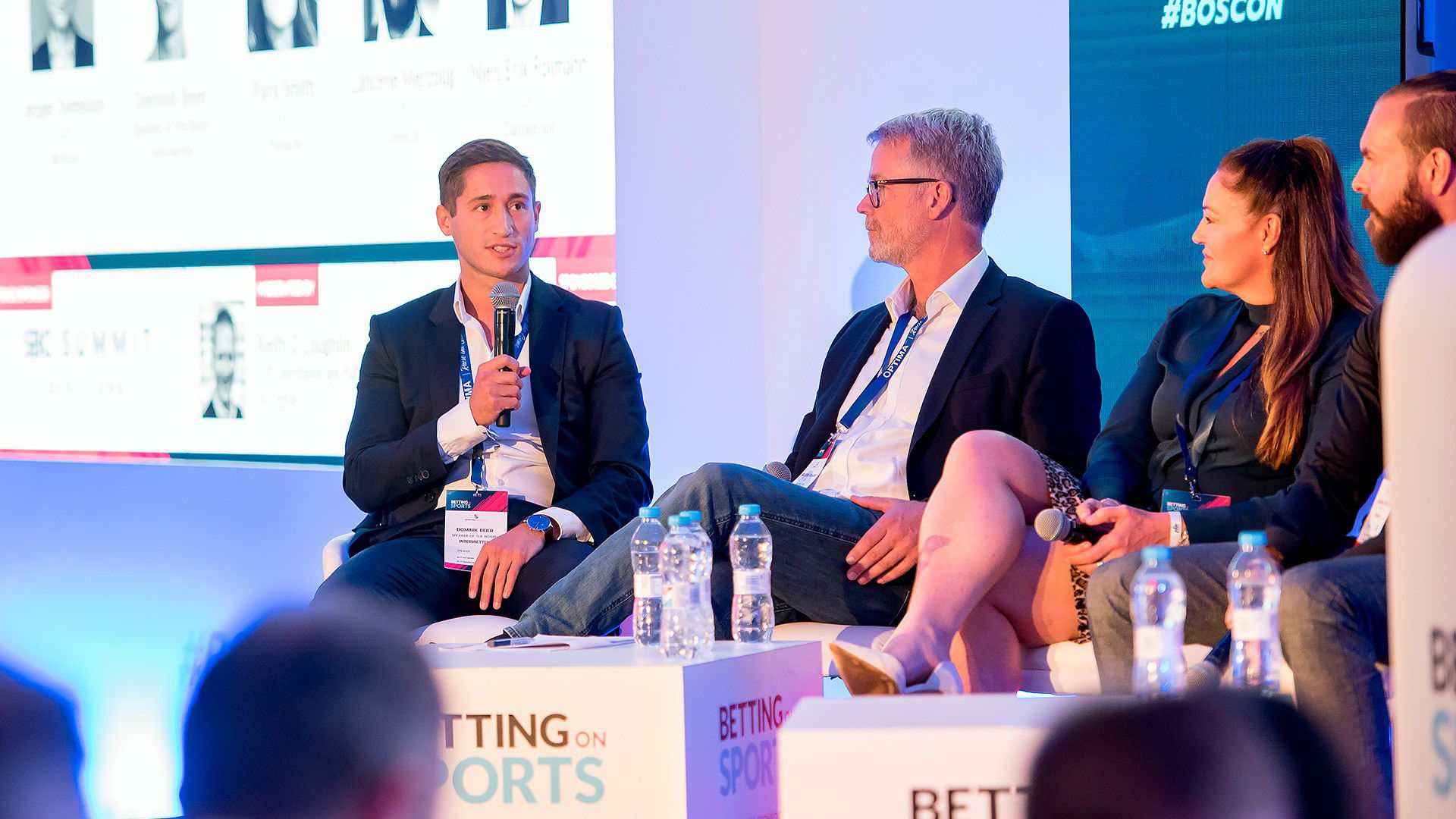
Interwetten began the year by announcing the best financial results in the company’s 30-year history, together with plans to “go full power” to achieve further growth on the back of Euro 2020 and an expansion into new regulated markets. Then the pandemic struck.
Ahead of his appearance at September’s SBC Summit Barcelona - Digital, Interwetten’s Speaker of the Board Dominik Beier told Yogonet how the company has managed to press ahead with the launch of its Nigerian operation and how well its established European sportsbooks are recovering since the return of some live sporting action.
Prior to the arrival of COVID-19, Interwetten’s leadership team had made its choice of new market to target and secured a licence from Nigeria’s Lottery Regulatory Commission. The question would be why select Nigeria for a first non-European venture, rather than one of the much talked about opportunities in the US or Latin America.
In Beier’s view, the potential of regulated sports betting in the US is huge, but operators are likely to find it difficult to make profits as the fledgling market develops and "the big boys" look to buy market share. “The US is first of all very capital intensive, so you do need to have very deep pockets to operate there,” he said. “We’re a privately-owned company, one of the last ones in the industry, so we said ‘ok, let's not play the game in the US.’ I don’t think we can win it, because others have deeper pockets - companies like MGM together with GVC, Hard Rock and Caesars.”
With the US not considered a viable option for expansion at this point, Interwetten’s team focused their research on opportunities in the existing regulated markets in Africa and Latin America, while also examining the “definitely interesting” potential of Brazil should the proposals to legalise sports betting be approved.
Beier said: “In the end, for us it was a decision between Latin America and Africa. And, to be honest, Africa from a purely operational point of view is easier for us. Firstly it’s in similar time zones to Europe, the players bet on very similar sports, and it’s very similar when it comes to languages, mainly English and French." And he added: “Last but not least, it has several countries where you can get a licence, which is even more developed than we have in some European territories, for example Germany. All in all, that led us to the fact that Africa is a better approach for us than Latin America. And once we had chosen Africa, Kenya has been a bit of a struggle from a regulatory point of view for the past few years, while Ghana and Nigeria have been quite stable. So we have chosen to go for Nigeria now.”
In addition to practical considerations, there was one other key factor in the decision - competition. He added: “I think that Latin America is already more crowded than Africa is. I’m not saying that Africa is an [empty] playing field, but my gut feeling and from our research, it is less crowded than Latin America.”
With a licence secured, Interwetten opted to go ahead with the launch of its Nigerian sportsbook in March, despite the unfortunate timing that saw it open for business at a point when professional sport was grinding to a halt. Beier was relatively unconcerned by the timing, as the expansion into Africa is very much a long-term project.
That attitude was reflected in Interwetten’s approach to the new market. Having done the basics - such as setting up a bank account, opening an office, finding a payments services provider with experience of the Nigerian market, and establishing what he described as “very fair communication” with the regulator - Beier has set about localising the operation.
“From a commercial point of view, the key to success is that you manage to really act as a local player. Everyone says that, but we really try to do so,” he explained. “We want to show the people that we are one of the pioneers of sports betting - which we are, as we are turning 30 this year and we were one of the first operators to go online - and we want to offer a perfect product for Nigeria. We are not just one of those international operators who think they can easily scale into every region in the world without localising.”
Part of that process has been looking into local charity initiatives and using influencers to help promote the brand in a territory that is yet to develop a significant affiliate industry. Perhaps the most eye-catching move was to hire former Nigeria striker Yakubu Ayegbeni - described by Beier as “a local hero” - as brand ambassador.
But the localisation of communications is only half the story. Interwetten also plans to play to the strengths that have driven its success in Europe. “Product focus is something we have worked very hard on over the last six to nine months,” said Beier. “Interwetten has been established for 30 years and we know how to run an online operation, but we have still really tried to push our sports betting product with new features. That is something we can use to gain market share in Nigeria. But not only in Nigeria, but also in Europe, as I still think there are a lot of products on the market which aren’t really perfect. I’m not saying that Interwetten’s product is perfect, but I think it’s very good."
“With our product-centric approach towards Nigeria, and localising our communication, I think it’s a very sustainable way of doing business. Rather than moving into a market with not a very good product and just spending a lot of marketing euros, which we are not convinced is sustainable,” Beier said.
With the strategy mapped out and the initial building blocks all in place, Beier has set himself a clear goal for Interwetten’s Nigerian operation. “From my observation, there are two or three very, very big market players and it’ll be difficult to get to their market level because they’ve done a great job over the past years and were there earlier. I think after that, looking at number four and five in Nigeria, there is a gap,” he said. “With a very good product and localised communication, I think we can achieve being in the top five in Nigeria over the next three years. That’s where we want to be, but we know we have to work very hard, as this will not come just by operating and by spending a lot of money. We really have to go step-by-step.”

Interwetten’s established European operations also have a clear goal - to return to their pre-COVID levels. The major drivers for the company's European sportsbooks are football and tennis, and the cancellation of major leagues and tournaments saw GGR fall by two-thirds in the early weeks of lockdown. Esports, virtuals and the ongoing football action in Belarus and Nicaragua helped to improve the position in the weeks that followed, but both margin and revenue remained well short of their previous levels. So the return of the Bundesliga, La Liga, English Premier League and Serie A was a relief for Beier, who revealed that the business has made a strong recovery.
“It’s actually quite interesting. I’m obviously talking to a lot of industry colleagues, and most of them are still behind the pre-COVID numbers. Luckily we are on, or in some cases above, the pre-Corona numbers, which I think has a lot to do with our agility on the market,” he said. “Because we are not the biggest multinational company that is operating in I don’t know how many countries and employing thousands of people, we are quite agile and quite flexible. So when football first returned, we were able to restart our CRM campaigns, our marketing campaigns and our communication in general quite quickly. It was the middle of May when the Bundesliga came back and we were able to reactivate a lot of our customers and, here and there, to gain a little bit of market share because we were simply quicker than the others.”
While the early signs are positive, the lack of a full sporting program is still an issue, with some European football leagues only just resuming and the tennis schedule still much smaller than its usual August level. It’s a situation that even the UEFA Champions League and Europa League mini-tournaments could not improve. Beier explained: “What we have seen is that big football leagues have had the same interest and are quite stable on the interest levels we’ve seen before. It’s a good sign that fewer fans in the stadium hasn’t really influenced betting behaviours."
“What we have missed is the big amount of games. We are missing those gap-filling games and what we have missed massively is tennis. It is a very, very big live sport for us and it’s simply not the same if they are playing an exhibition and they are playing only up to four games or we don’t know if they are playing two sets, or three sets or four sets, or if one player is just playing with his left hand! In terms of live sport, tennis has an even bigger impact on the numbers at the moment than even football does.”
He added: “With the Champions League and Europa League, it was good to have it, but it’s a maximum of one or two games per day. It’s not the same as a regular weekend where you have some tennis going on, some NBA going on overnight, ten different Premier League games, nine different Bundesliga games and so on. Also from a margin and risk point of view, all or at least most of the risk is on 2 to 4 games a day. If all the favourites win on that day, it’s a really, really bad day for us.”
One thing that has returned to normal is interest in many of the markets that rose to prominence as fill-in content during the shutdown of the major leagues. While esports is showing signs of a small long-term increase in activity levels, that is not the case for Nicaraguan football’s top-flight. “I suppose we’re still offering it, but it doesn’t really attract any customers anymore,” added Beier, in a sign that things are slowly returning to normal.
Dominik Beier will be taking part in the ‘Africa: The Market of the Future’ session at SBC Summit Barcelona - Digital, the virtual conference and exhibition for the global betting and gaming industry. The event takes place on 8 - 11 September 2020 and delegates can register for free.


